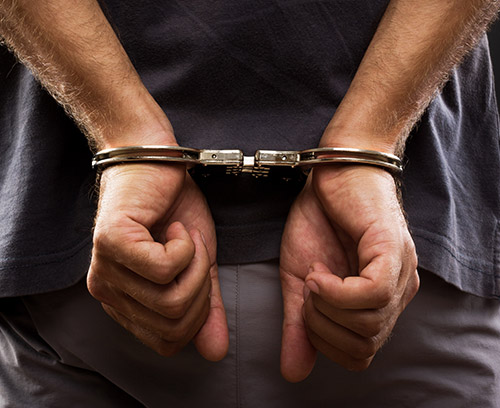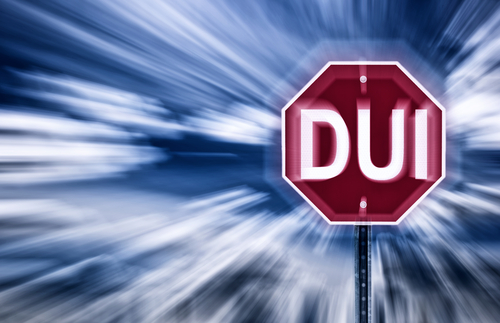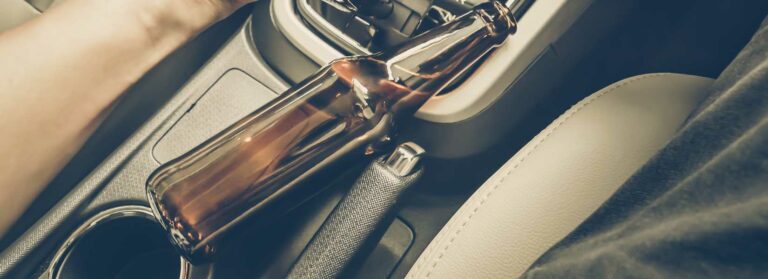Drunk driving defense attorneys know drinking alcohol and driving is a serious crime in Indiana. This is because of the devastating consequences accidents caused by drunk drivers have on lives and property. However, despite knowing the risks posed by impaired driving and the tough laws imposed by states, many people still drink and drive.
This reckless act comes from the popular belief that they can “hold their liquor” and alcohol doesn’t affect them. Not only is this belief wrong, but it is also misguided and has landed many in their graves or behind bars. Thus, to reduce the loss of lives and potentials of Indianapolis residents, our attorneys discuss ways alcohol affects the body.
If you or a loved one gets arrested for a DUI charge, contact Rathburn Law Office P.C. immediately. We are what stands between you and a DUI conviction.
If you would like to know more information about how you should react when you get pulled over, view this page.
What It Means to Be Legally Drunk
Every state in the U.S., including Indiana, has what is known as a blood alcohol concentration (BAC) limit. When a person exceeds the stipulated number, they are considered legally drunk, whether they exhibit signs of intoxication or not. The BAC limit differs based on age and occupation.
In Indiana, a person who is 21 years and above must keep their BAC below 0.08%. Those younger than 21 years must keep their blood alcohol concentration below 0.02%. The preceding is known as a “zero tolerance” rule. So even if an underage person did not drink enough to get drunk, they might still get charged for drinking and driving for consuming alcohol in the first place.
Furthermore, drivers with a commercial driver’s license (CDL) must keep their BAC below o.04%. For commercial drivers, it is crucial to consume little or no alcohol. This is because they spend a lot of time on the road, leaving them tired and more susceptible to the effects of alcohol.
4 Crucial Ways Alcohol Affects the Body
The 2018 Lancet report on a study of alcohol consumption on people in 195 countries and territories, between 1990 and 2016, arrived at one unmistaken conclusion — no amount of alcohol is good for the body. Alcohol has several effects on the body, and it is a leading risk factor for death and disability. But how does it affect a driver?
After a person drinks alcohol, it is dangerous to engage in any activity requiring attention, skill, and coordinated movement. These are three factors necessary to drive a car safely. In addition, there is reduced sensory perception, nerve-to-muscle transition, and less brain function.
All these combine to cause the following effects:
Altered Judgment
Impaired judgment is a common adverse effect of consuming alcohol. It makes it harder to make sound decisions and increases your risk-taking behavior when you drink. So, if you were the type to drive 5-mph less than the recommended limit, you may drive over the limit and beyond. In addition, you may run red lights when you shouldn’t. These two actions set the police on you, and before you realize it, you’re cooling off in a jail cell, getting ready to be arraigned for DUI.
Reduced Concentration
Driving is a task that requires all your senses. A little distraction causes accidents, so distracted driving is a leading cause of traffic collisions. Alcohol affects your concentration; it significantly reduces it. So, you may find yourself illegally changing lanes, stopping inside a crosswalk, or following other drivers too closely.
Loss of Coordination
Loss of coordination comes from the negative effects of alcohol on the neurotransmitter GABA in the brain. It turns off some brain cells and enhances inhibitory effects, resulting in sluggish movements, which reduces reaction time. As a result, you find it hard to steer or drive a vehicle the right way. And where you would have avoided a collision without impairment, you may crash your vehicle.
Impaired Vision
When you consume alcohol, it relaxes the muscles that control the eyes. This, in turn, causes blurred vision and slower vision reaction time. In addition, alcohol affects peripheral vision, so drunk drivers have difficulty seeing things not directly in front of them. This includes other cars, pedestrians, and road hazards like debris.
The more alcohol you consume, the less you’re able to sense danger and react to situations. Thus, it is better not to drink and drive than to do so? But if you do and find yourself on the opposite side of the law, what do you do?
Contact a DUI Lawyer in Indianapolis
Knowing the effects of alcohol doesn’t mean you’ll not drink and drive. So, if you do and get arrested for a DUI, contact the Rathburn Law Office P.C. immediately. Our Indianapolis DUI lawyers will protect your right and keep you out of jail.









